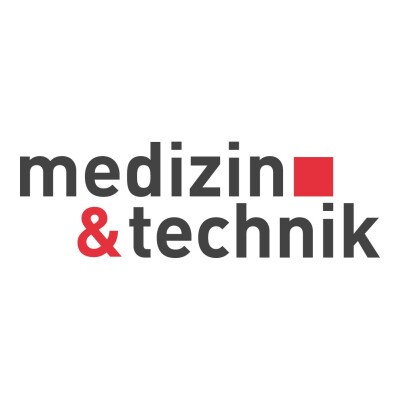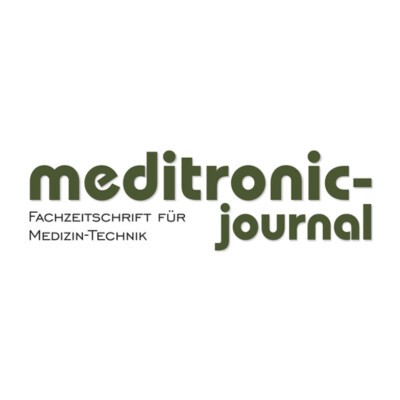Search and find in the comprehensive business directory
New on MedtecLIVE
MedtecLIVE - The digital content platform for the medical technology industry
365 days a year for you
Relevant medical device content throughout the year
Comprehensive business directory
Over 400 companies in the medical technology sector
Innovations, News & Events
Providers are constantly publishing new articles and events
Stay in touch effortlessly
Personalized newsfeed and automatic e-mail updates
MedtecLIVE Brand Family: Ideal new formats for the medical technology sector
Present your company and your innovations at our upcoming events of the MedtecLIVE Brand Family
The latest news from the MedtecLIVE "Inside Industry" blog
Discover exhibitors of MedtecLIVE 2026
Media Partners
Here you will find all relevant information
For exhibitors
Here you will find all the latest information on upcoming events.
For Media
Here you will find all the relevant information for media professionals and everything you need to enhance your coverage.
Do you have any questions? We are happy to help!
Contact
If you have any questions about visiting or taking part in MedtecLIVE, our contacts worldwide will help you quickly and easily. Find the right contact in your country here.
FAQs
Find answers to your most pressing questions in our FAQs.
Copyright © 2025 MedtecLIVE GmbH
Bildquellen: Kundengespräch auf der MedtecLIVE © NürnbergMesse / Heiko Stahl | Bilderslider © NuernbergMesse / Thomas Geiger | Ausstellerin trifft sich mit Kunden © Jürgen Rösner Fotografie















